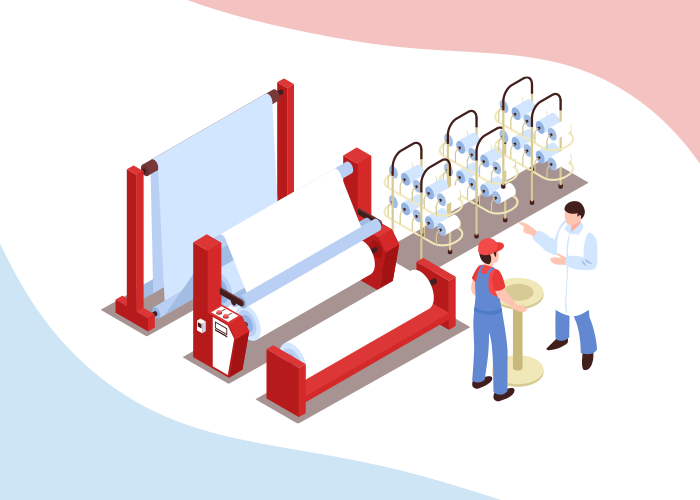Abaris New Horizon: ERP Software For Geo-textile Manufacturing
Industry
The Geo-textile Manufacturing Industry has been growing exponentially, building up to a
highly competitive environment. With market players fighting for greater customer
attention & retention, agile and timely operations gained primary importance in an
attempt to fulfil latter’s expectations. In addition, leading companies are focusing on
how to introduce upgraded, latest products in the market before anyone else. This is
where a Geo-textile ERP Software can help your business.
A fitting ERP software for Geo-textile industry business helps eliminate the transfer
delays introduced between processes by smoothening out the internal procedure through
enhanced coordination and real-time communication throughout the functions
An ERP for Geo-textile Industry, designed by expert professionals, can give your
business the speed it needs to gain a competitive edge over other market players, while
you dedicate maximum efforts to product innovation and customer satisfaction.










